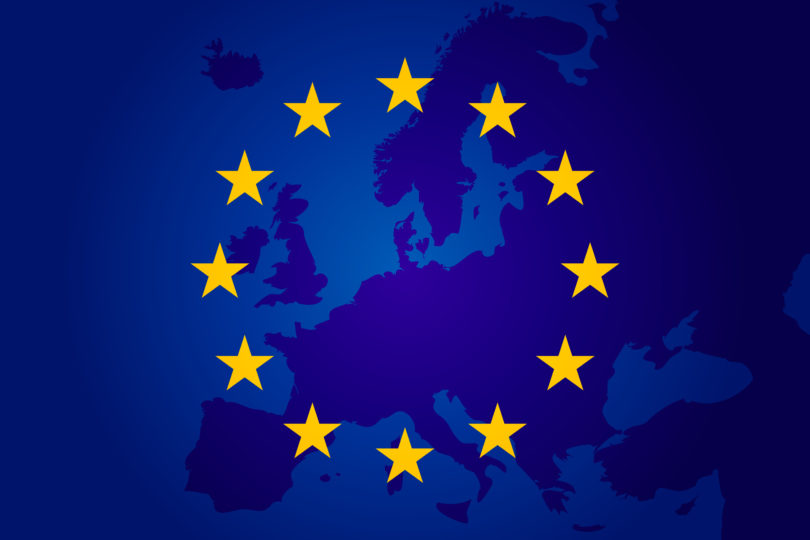The Novel Food classification may well become the accepted legal position for European CBD industry.
Many ‘smart’ companies are already going through the process of securing compliance. However, at a cost of upwards of £250,000 such a certification is not coming cheap.
January’s decree by The European Union decision to classify CBD as a Novel Food was the topic of much debate at the Europe CBD Expo event at the ExCel Centre in East London.
CBD Genie Out Of The Bottle
Mark Taylor, a compliance and regulatory journalist, described the industry as being in a ‘pretty weird state of stasis at the moment’.
“Blame Austria! They initially questioned status of CBD, and now its being kicked back and forward. The genie has been taken out of the bottle with Novel Food and I don’t think it can be put back; at the moment we’re still waiting for a ruling from the EU.”
Novel Food ‘Grace Period’
Tim Phillips, Managing Director of CBD-Intel, a U.K. company providing market and regulatory analysis, believes that CBD will become a Novel Food and ‘smart companies are already taking measures to ensure compliance’.
One leading industry figure, involved in regulatory issues for a CBD product developer, said he believed the EU is currently allowing the industry a ‘period of grace of a year-or-so’ before insisting on implementation of the Novel Food directive.
“The governments are learning with the industry as we go along, there is massive uncertainty everywhere. In some parts of Europe – take Spain for example the Novel Food directive is being pursued, so at the moment our company is focusing on the U.K. as there is more leeway.
“Lobby groups are working together to put pressure on Brussels. This is multi-billion Euro industry and it’s not that easy to just draw a line and say this is not legal; there is too much financial interest to just shut this down.”
£300,000 to 400,000 Euro Application
He said it is working with an extract company which is submitting a Novel Food application, saying it’s a lengthy and costly business. “It’s like a pharmaceutical process requiring clinical data, and it is one which can take up to two years. It is also expensive costing upward of 300,000 to 400,000 Euros.
“We are finding that companies are investing in this together. There are not that many companies who are purely extractors but there are a lot of customers of the extractors and they are being asked to make a contribution towards to cost of the Novel Food application.
“Us, and companies like us, are being told ‘I’m the guy with extract and I’m asking you for a contribution toward the cost’.”
Other industry figures speculated on what the market will look like under Novel Food with one saying there may be just over a handful of European extractors with authorizations, and this may cause prices to rise.










The Novel Foods situation is a crazy one, something the CTA have been working on for many months with both EFSA and SANTE.
While the situation is fluid, the fact is that there are a number of roads open to deal with the situation and the very last resort should be an application, of course the mere fact is that the minute you submit one you are required to stop trading, and wait.
It’s never been our position and the UK in particular is pushing companies down a route that is legally not correct.
It’s not like you can even submit an application in the UK anymore, the UK is sidelined and ineffective now at EU level, shoved over into a back corner and unable to participate in the working group meetings thanks to Brexit. I’ve been there, I can tell you what happens…
There are several countries that are not with the Working Groups opinion, working with them is the best thing we can do, we’ve visited and established good working relationships with 11 of them in recent weeks.
So is this the end of the road for the CBD industry? Nope, not by a long way.
Recently in conjunction with EFSA we’ve been asked to embark on a legal route, once the lawyers and specialists have given it the green light we’ll be proceeding to work along a route that doesn’t involve an application, is more likely to eventually lead to market stabilisation and isn’t going to take 2 years plus to happen.